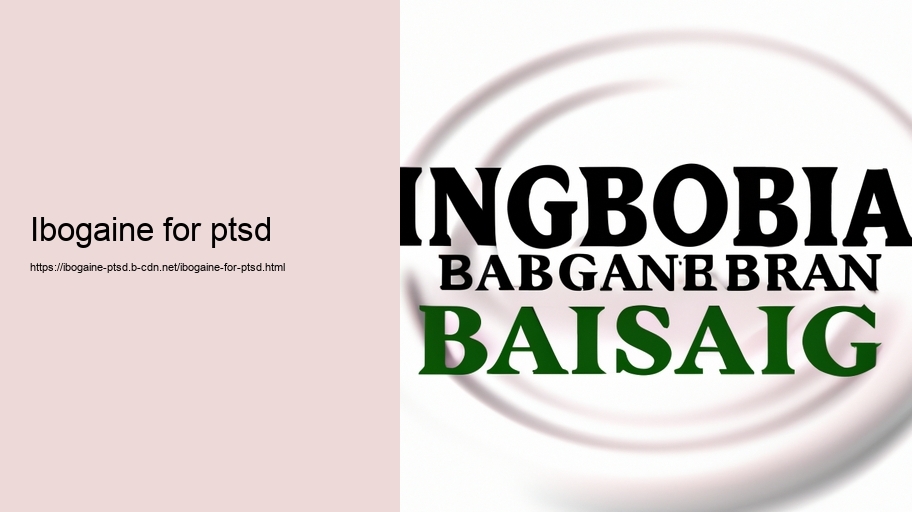Ibogaine, a naturally occurring psychoactive compound derived from the root bark of the West African shrub Tabernanthe iboga, has long been used in traditional spiritual ceremonies and as a medicine by indigenous peoples. In recent decades, it has garnered attention in Western societies for its potential therapeutic uses, particularly in the treatment of addiction. More recently, researchers and clinicians have started to explore the viability of ibogaine as an unconventional treatment for post-traumatic stress disorder (PTSD), a condition that can occur after experiencing or witnessing a traumatic event.
PTSD is characterized by symptoms such as flashbacks, severe anxiety, nightmares, and uncontrollable thoughts about the traumatic experience. Traditional treatments for PTSD typically include cognitive-behavioral therapy (CBT), exposure therapy, eye movement desensitization and reprocessing (EMDR), and medication like selective serotonin reuptake inhibitors (SSRIs). However, these treatments do not work for everyone; some patients find them ineffective or struggle with side effects. This has led to an ongoing search for alternative therapies that may provide relief where conventional methods fall short.
The interest in ibogaine as a treatment option for PTSD stems largely from anecdotal reports and its purported ability to facilitate profound psychological introspection and emotional processing. Ibogaine is thought to induce a dreamlike state that allows individuals to confront past traumas in a way that feels safe and can lead to significant insights into their experiences. This altered state of consciousness might help break down defense mechanisms that often prevent healing in PTSD patients.
Preliminary studies suggest that ibogaine can promote neuroplasticity—the brain's ability to form new neural connections—which could be beneficial in rewiring patterns associated with trauma responses. Additionally, ibogaine's impact on various neurotransmitter systems including serotonin and dopamine may contribute to mood stabilization and reduction of PTSD symptoms.
Despite these promising aspects, research on ibogaine remains limited due to its classification as a Schedule I substance in many countries, including the United States. This categorization denotes no currently accepted medical use and a high potential for abuse—criteria that some researchers argue are not fitting considering emerging evidence of ibogaine's potential benefits.
Clinical trials aimed at understanding how ibogaine can be safely administered while evaluating its efficacy are necessary before it can be considered a viable mainstream treatment option for PTSD. The unique challenges posed by the drug's potent psychoactive properties require careful consideration regarding set (mindset) and setting (environment) during treatment sessions. These protocols must ensure patient safety while maximizing therapeutic outcomes.
Another significant hurdle facing ibogaine research is the ethical concerns related to administering a powerful hallucinogenic substance with known risks—including cardiac complications—to vulnerable populations such as those afflicted with PTSD. Any advancement toward using ibogaine clinically will need thorough investigation into risk mitigation strategies alongside established emergency response procedures should adverse reactions occur.
In conclusion, while there is growing curiosity surrounding the use of ibogane for treating PTSD because of its potential to catalyze deep psychological healing processes unattainable through standard therapies alone, scientific exploration remains nascent. It is imperative that rigorous clinical trials assess both safety profiles and therapeutic effectiveness before healthcare providers consider integrating this controversial substance into their arsenal against one of modern society’s most debilitating mental health disorders.
